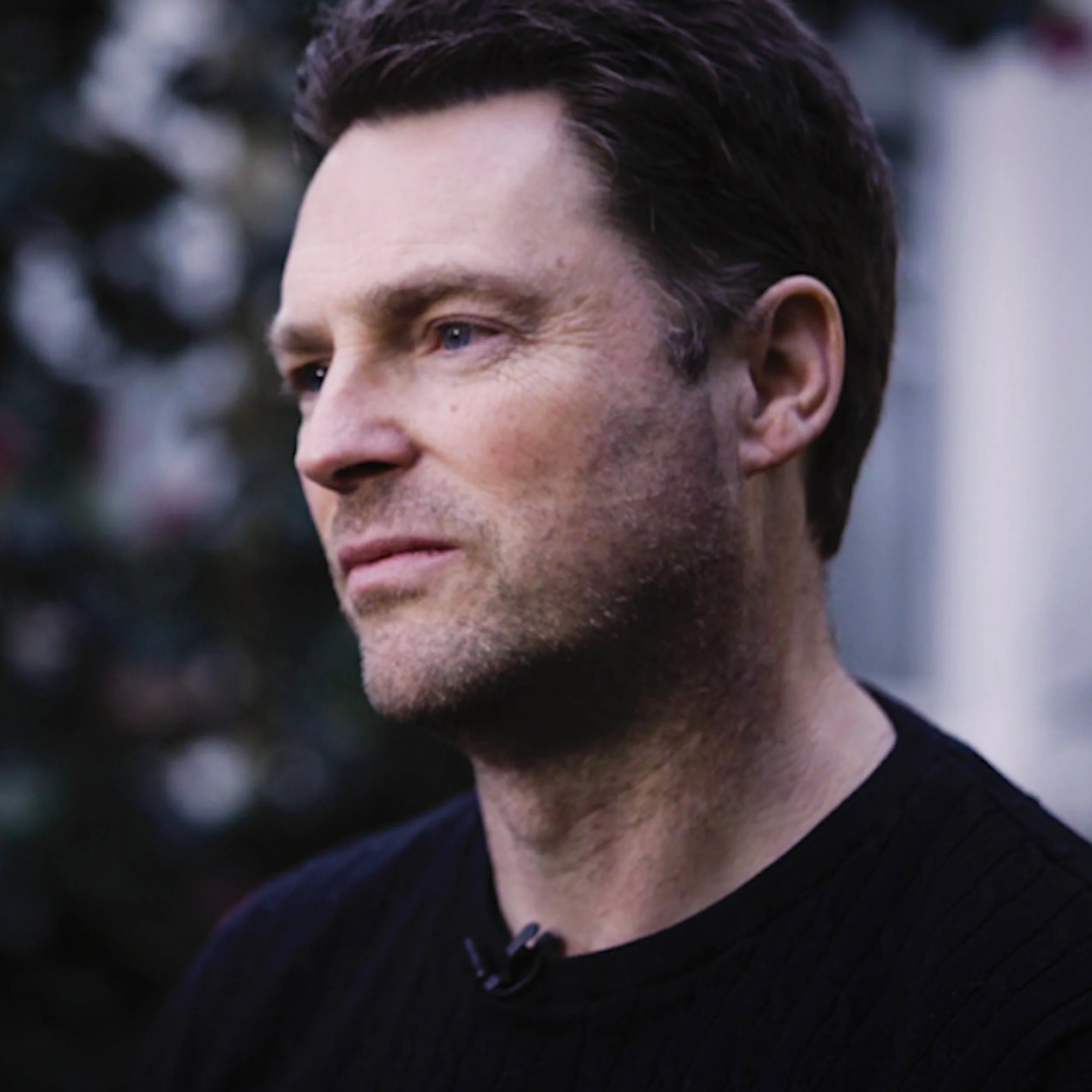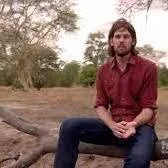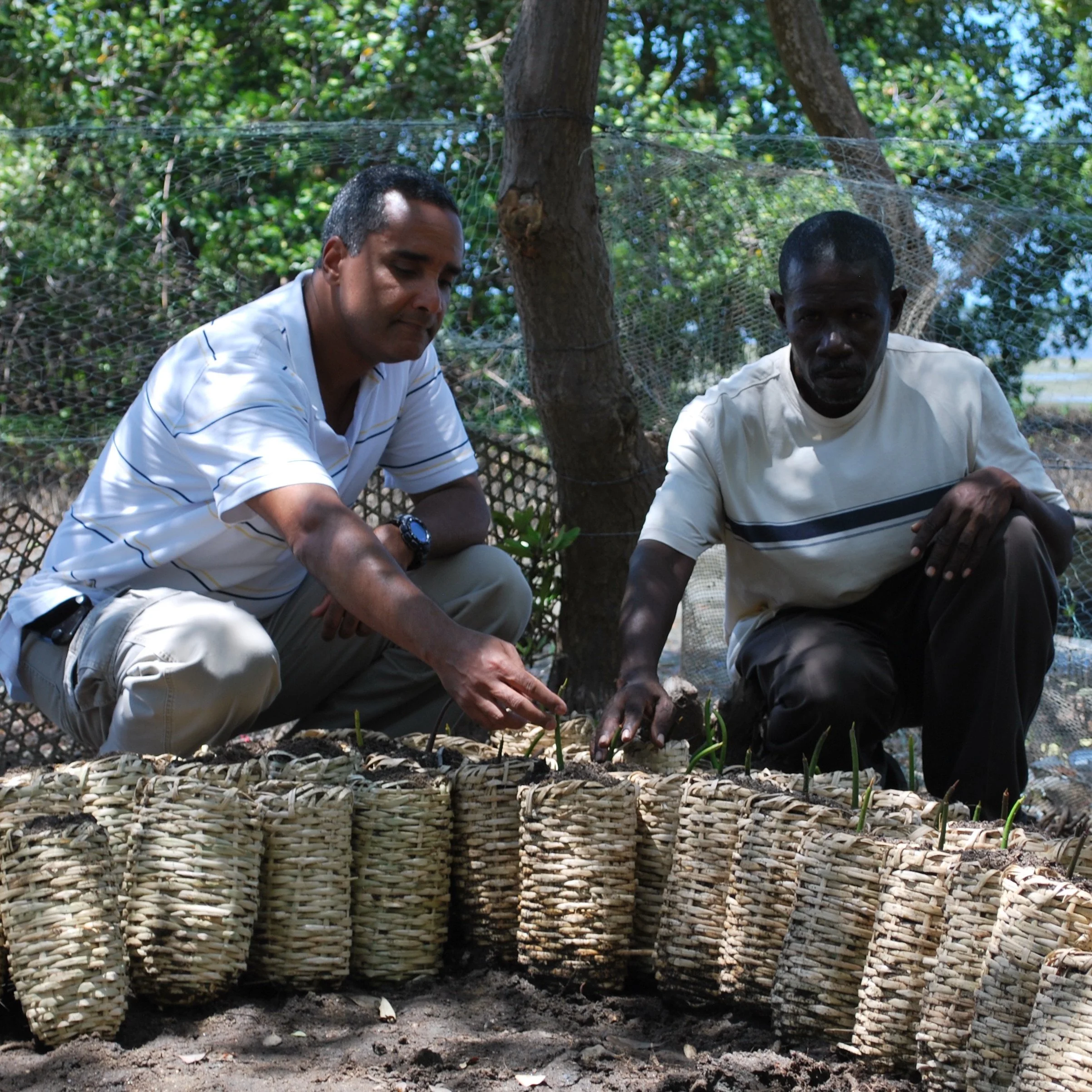Songs of Nature - Musicians, Writers, Ecologists, Philosophers on the Mysteries of the Natural World
/The natural world has its own sonic language. Its own fingerprints. And that's one of the beautiful things about being out here. There is another acoustic environment, another sort of sonic fingerprint, and it is always changing. Every day is a sort of a different sound picture. I walk out the door and you do hear it changing over time. The leaves are coming in now, different kinds of bird song. The wind sounds different. Tt's a wonderful thing to be around and experience.
—Max Richter



















